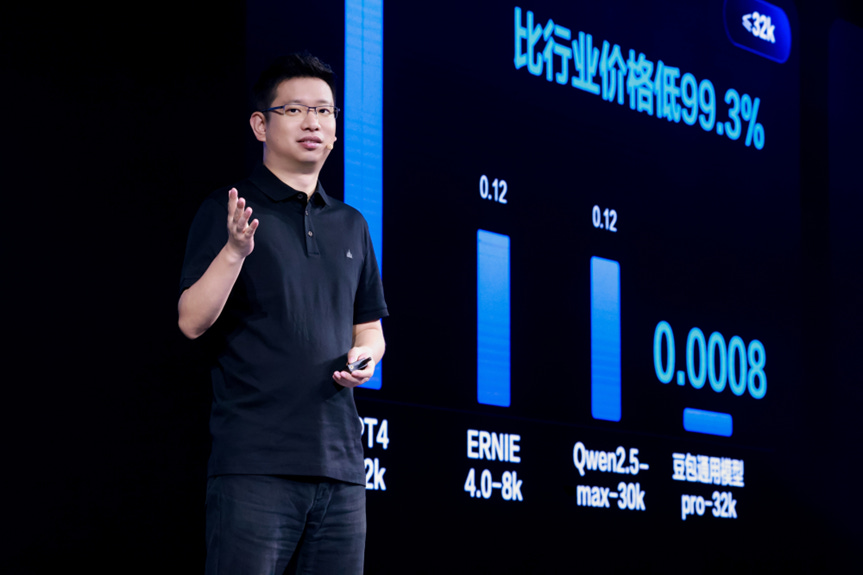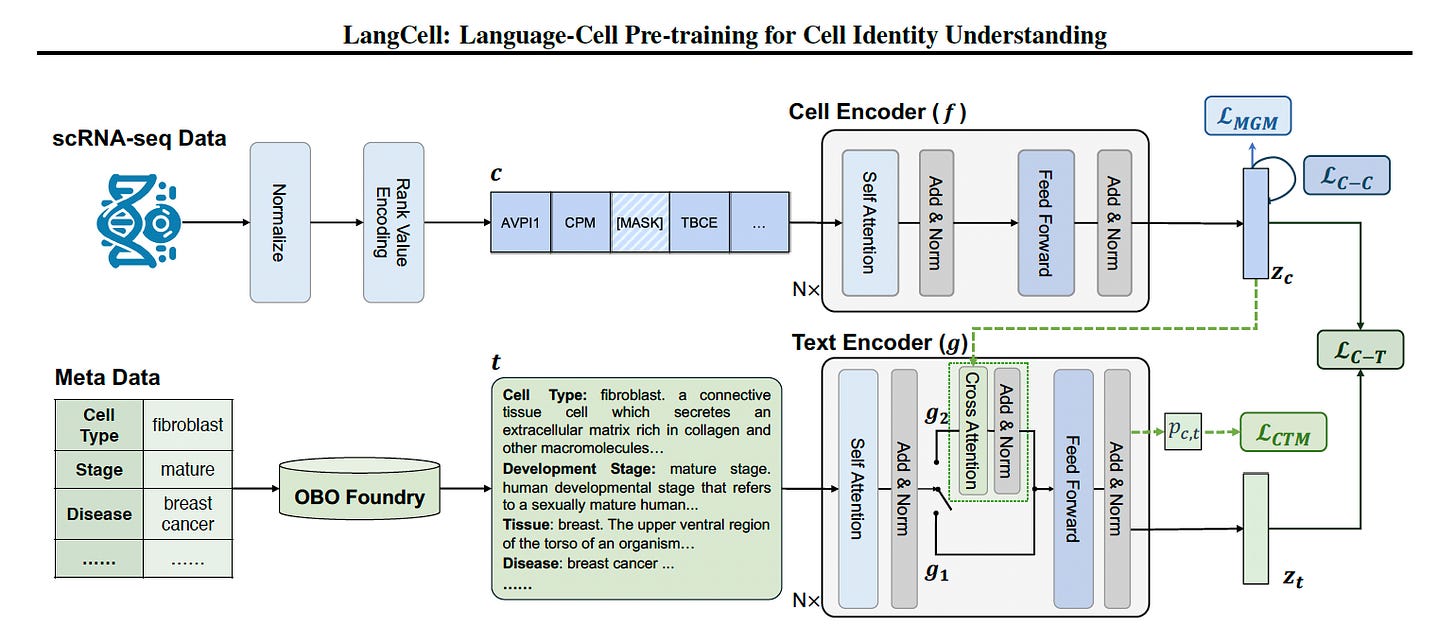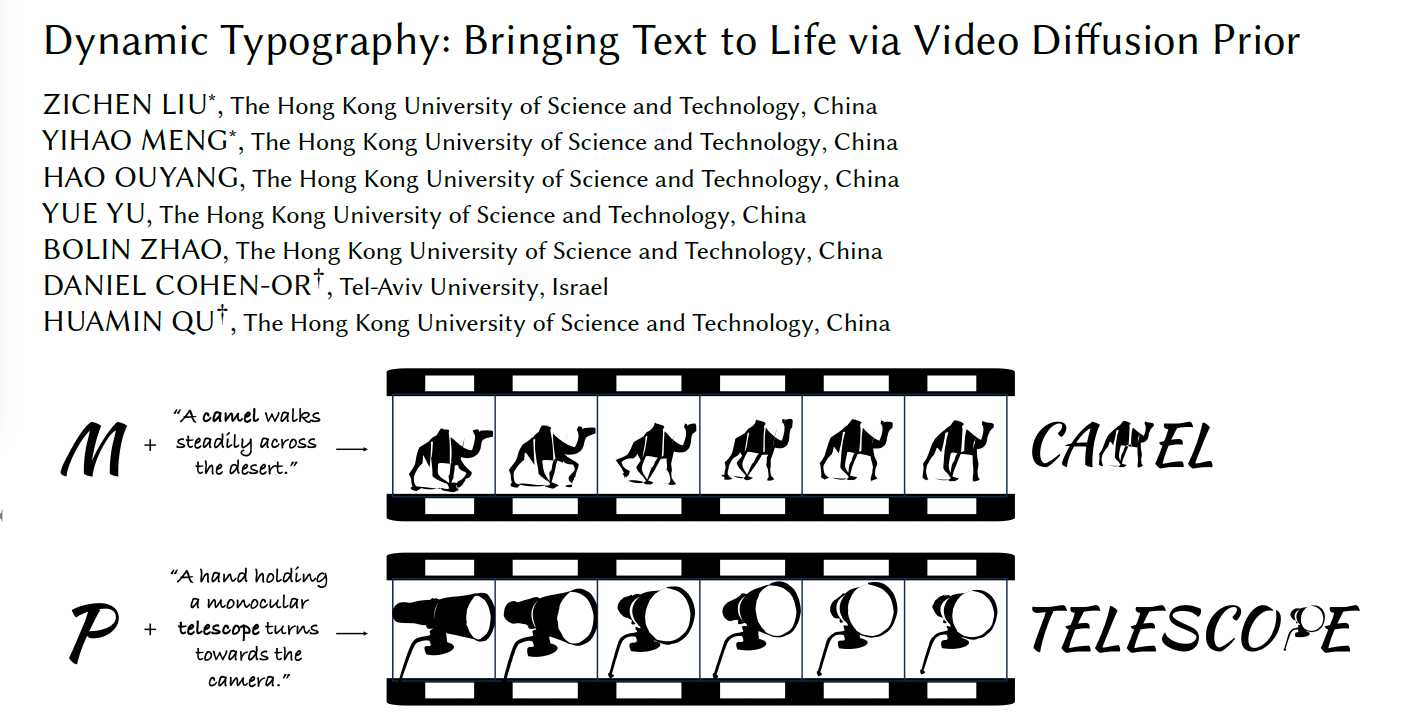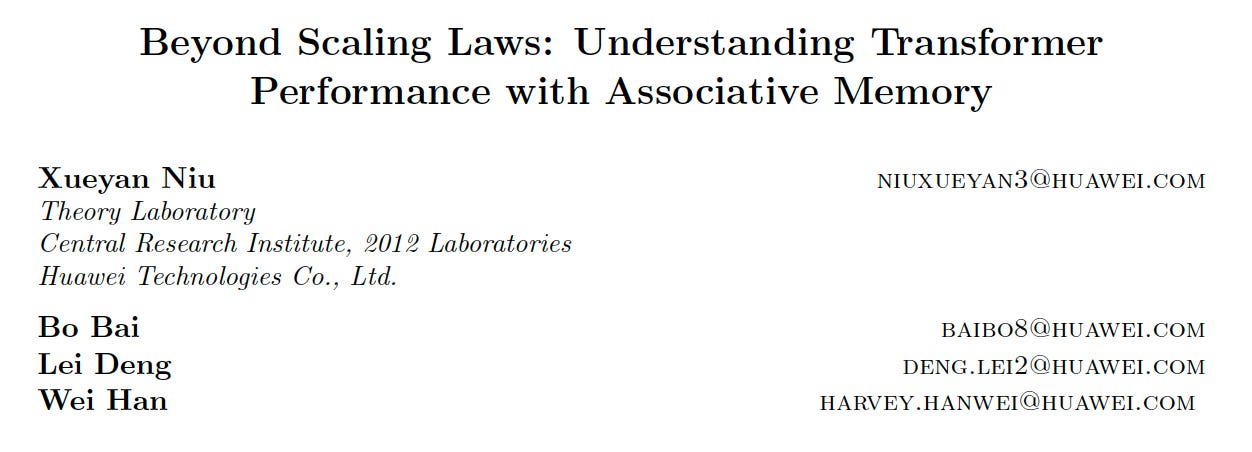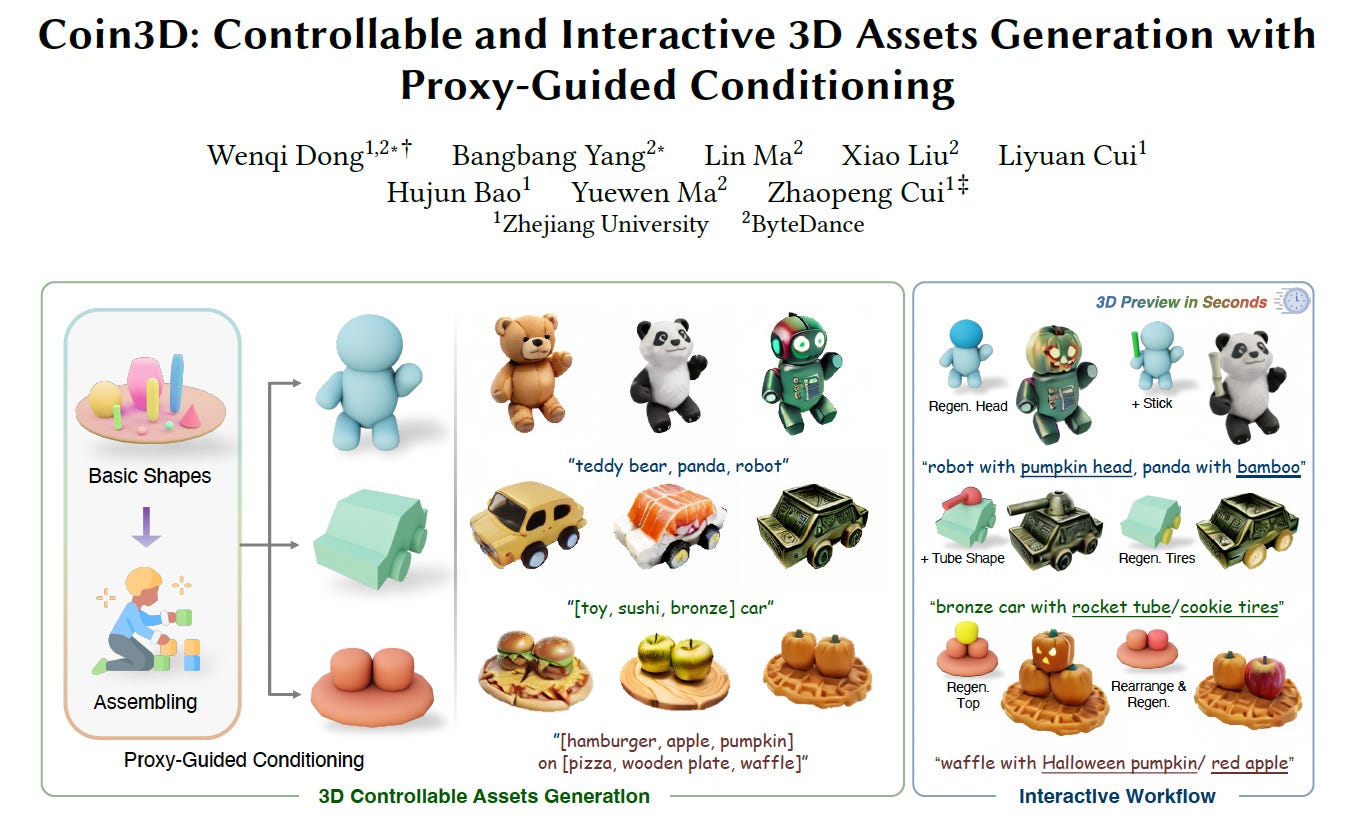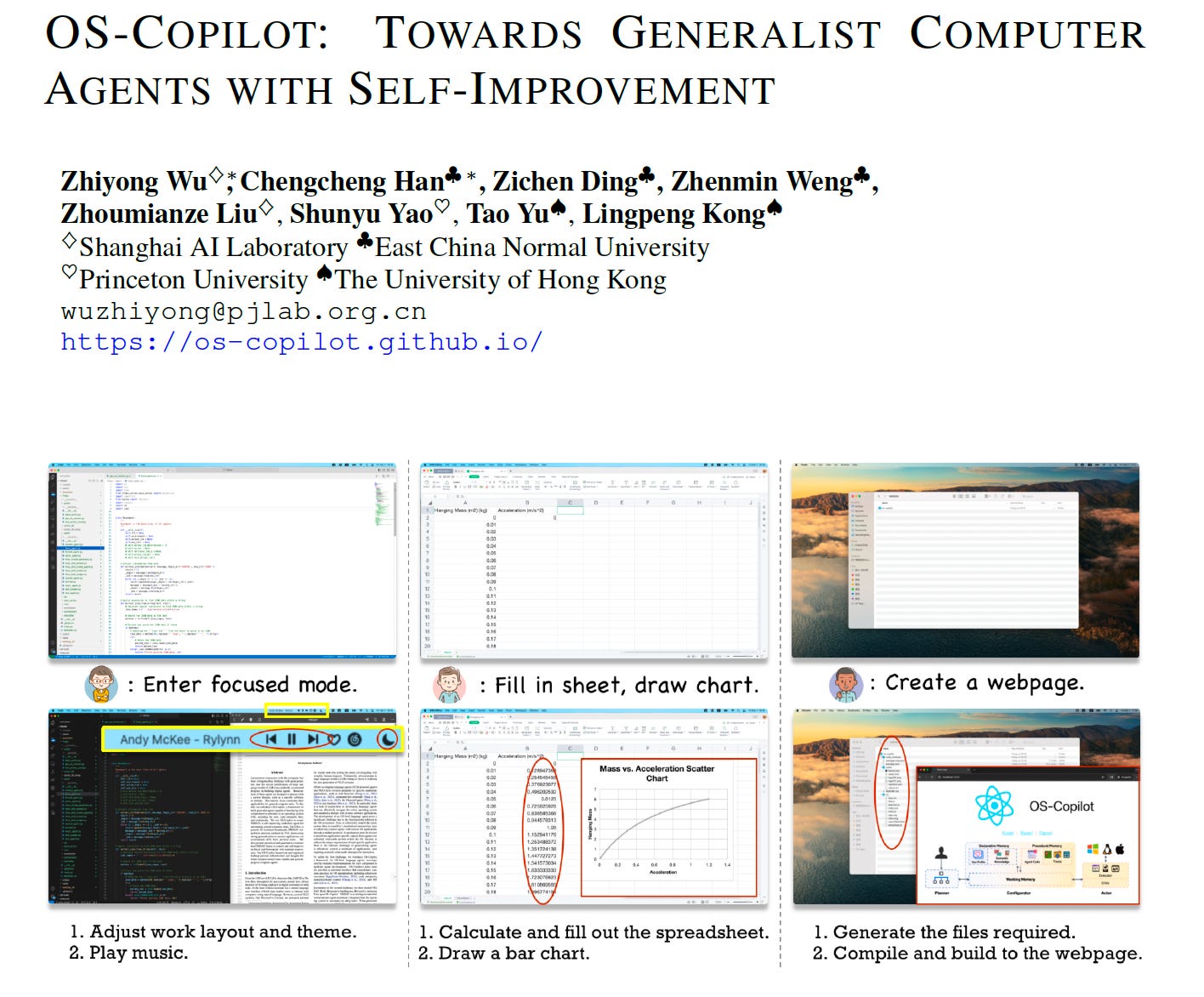🕺🏻US-China's First AI Dialogue, AI Generates 11% of Baidu's Search Results, and Inside ByteDance’s Low-Price LLM
Weekly China AI News from May 13, 2024 to May 19, 2024
Hello readers, in this issue, I will discuss the first government-level AI dialogue between the US and China. Baidu has reported that AI now generates 11% of its search results, highlighting how AI is revitalizing interest in search engines. ByteDance has released its flagship Doubao model, which charges 99.3% less than its competitors. But is the model truly as cheap as it claims?
US, China Hold Inaugural AI Dialogue on Risk and Safety
What’s New: Government representatives from the U.S. and China held their first top-level AI dialogue on May 14 in Geneva, Switzerland, to discuss AI risk and safety.
China’s readout:
Both parties shared their views on AI technology risks and governance measures, as well as the actions taken to promote AI-driven economic and social development. China emphasized that AI technology is currently the most closely watched emerging technology. China consistently adheres to a human-centered approach and the principle of using AI for good, ensuring that AI technology is beneficial, safe, and fair. China supports strengthening global AI governance and advocates for leveraging the United Nations as the main channel. China is willing to enhance communication and coordination with the international community, including the US, to establish a broadly accepted global AI governance framework and standards. China also expressed a firm stance against US restrictions on Chinese AI development.
U.S. readout:
In a candid and constructive discussion, the United States and PRC exchanged perspectives on their respective approaches to AI safety and risk management. The United States reiterated the importance of harnessing the benefits of AI for sustainable development, for developing and developed countries alike. The United States underscored the importance of ensuring AI systems are safe, secure, and trustworthy in order to realize these benefits of AI, and of continuing to build global consensus on that basis. The United States also raised concerns over the misuse of AI, including by the PRC.
Key takeaways:
Chinese readout said the meeting was co-chaired by Yang Tao, Director-General of the Department of North American and Oceanian Affairs of China's Ministry of Foreign Affairs, and representatives from the US State Department and National Security Council. This suggests that from China’s perspective, the first AI dialogue served as a diplomatic move rather than focusing solely on technology or regulation.
Both parties recognized common ground, such as ensuring AI systems are safe and beneficial. However, they also voiced specific concerns. China complained about US restrictions on AI semiconductors. Meanwhile, the US expressed concerns about the misuse of AI, though specifics were not detailed.
China has been emphasizing that the United Nations should play the main role in global AI governance. This was also included in the China-France Joint Statement on AI and Global Governance.
No joint statement or consensus was reached in the first dialogue.
AI Now Generates 11% of Baidu Search Results
What’s New: About 11% of Baidu’s search result pages now feature AI-generated content, according to Baidu Co-founder and CEO Robin Li during the company's earnings call.
How it Works: Baidu is transforming its search engine with AI-generated answers. “These results provide more accurate, better organized, and direct answers to users’ questions and, in some cases, enable users to do things they could not do before,” Li noted.
Others: In Q1 2024, Baidu reported RMB 31.5 billion in total revenues and a 22% increase in profit. The AI cloud segment saw a 12% revenue growth, fueled by model inference services.
Baidu’s ERNIE APIs are being adopted by major smartphone manufacturers like Samsung, Honor, Oppo, Vivo, and Xiaomi. Lenovo uses ERNIE APIs to power AI assistants in its PCs, and Nio integrates them to enhance in-car experiences.
Why it Matters: AI is revitalizing interest in the decade-old search engine industry, as seen in Perplexity’s rising valuation and Google’s growing efforts with AI Overviews. Generative AI can expand what search engines can do and satisfy users’ demands more intuitively. In China, Metaso, an AI-powered search engine known as China’s Perplexity, became one of the fastest-growing AI applications last month.
Inside ByteDance Doubao Model’s Cheap Pricing Strategy
What’s New: ByteDance said its latest proprietary Doubao model costs only RMB 0.8 per one million input tokens. TikTok’s parent company, a latecomer in AI generation, aims to win China’s LLM battle with a low-pricing strategy.
How it Works: Doubao Pro-32K charges RMB 2 per one million output tokens, but there is a catch.
This low price is available only when your service processes one query per second (under 60 requests per minute, RPM), one Chinese developer discovered.
For mass deployments, the pricing changes significantly. If you deploy Doubao Pro-32K on a large scale, it will cost RMB 12,000 per month with a limit of 10,000 tokens per minute. In this scenario, the price per one million tokens increases to RMB 28.
ByteDance released 9 Doubao models at the 2024 Volcano Engine FORCE Conference on May 15, including flagship models and specialized models that support role-playing and speech synthesis. The performance and parameter scale of Doubao models have not been disclosed.
Since its launch in August 2023, Doubao processes an average of 120 billion tokens daily, equivalent to 180 billion Chinese characters, and generates 30 million images every day.
Why It Matters: Lowering costs is essential for wider adoption and innovation in AI. For many developers and enterprises, pricing is the primary concern, followed by performance. Baidu’s ERNIE Tiny, Zhipu AI’s GLM-3 Pro, and the recently released DeepSeek model all charge only RMB 1 per one million tokens.
Weekly News Roundup
Microsoft is asking hundreds of employees in its China-based cloud computing and AI operations to consider transferring abroad amid rising U.S.-China tensions. Around 700 to 800 engineers, primarily involved in machine learning and cloud computing, have been offered transfers to countries such as the U.S., Ireland, Australia, and New Zealand, according to sources familiar with the matter. (Wall Street Journal)
Tencent said its Hunyuan model’s performance is now among the best in China, with some Chinese language capabilities matching GPT-4; it supports various video generation types and can create 16-second videos and 3D models from a single image in 30 seconds.
Douyin is testing an AI shopping assistant embedded in its e-commerce section, currently in the gray testing phase, offering a user experience similar to Taobao Wenwen and JD Jingyan.
Alibaba’s DAMO Academy released FunClip, an open-source, accurate, and user-friendly video speech recognition and editing tool integrated with LLM-based AI, allowing users to select and clip video segments from recognized speech.
01.AI launched the Yi-Large language model. The company said the model surpassed GPT-4.0 in performance and achieved the top global win rate in Stanford’s latest AlpacaEval 2.0.
Alibaba’s Pic Copilot introduced an AI virtual try-on tool that dresses models in clothing within one minute, accurately replicating fabric details and outputs full-body product images.
Trending Research
LangCell: Language-Cell Pre-training for Cell Identity Understanding
Dynamic Typography: Bringing Text to Life via Video Diffusion Prior
Beyond Scaling Laws: Understanding Transformer Performance with Associative Memory
Coin3D: Controllable and Interactive 3D Assets Generation with Proxy-Guided Conditioning
OS-Copilot: Towards Generalist Computer Agents with Self-Improvement




